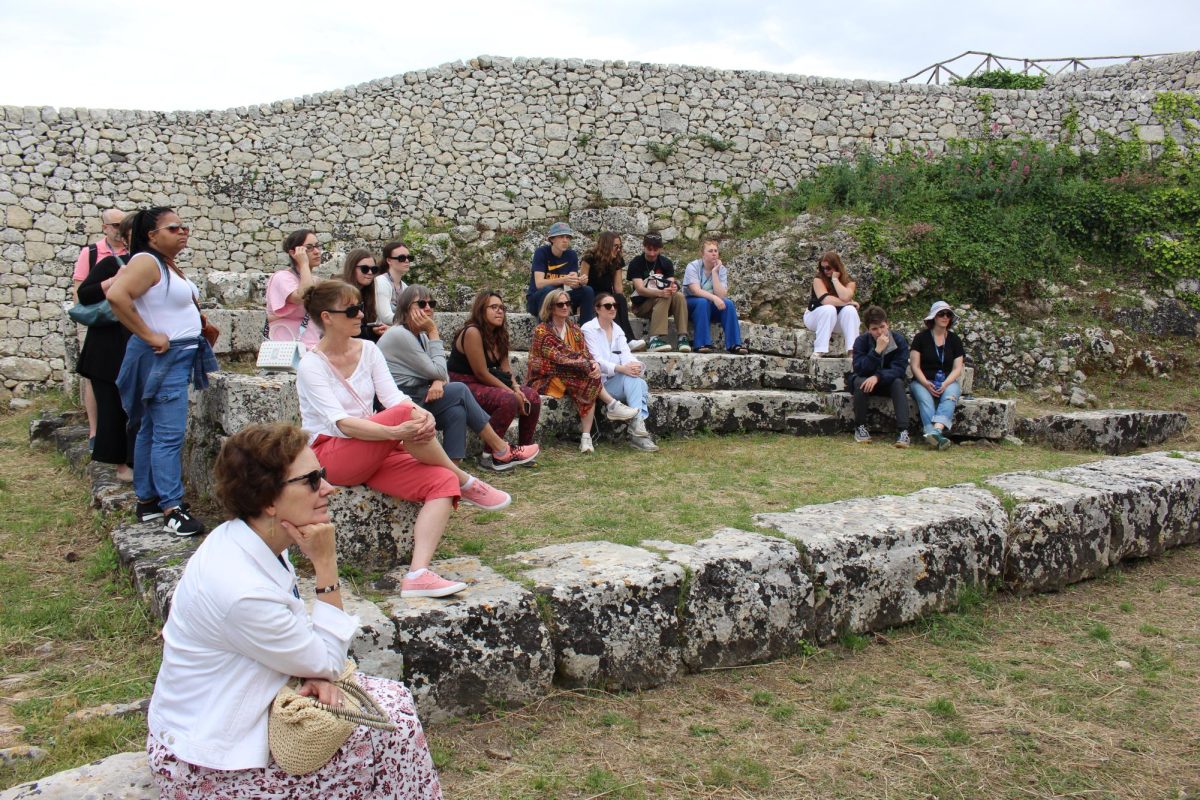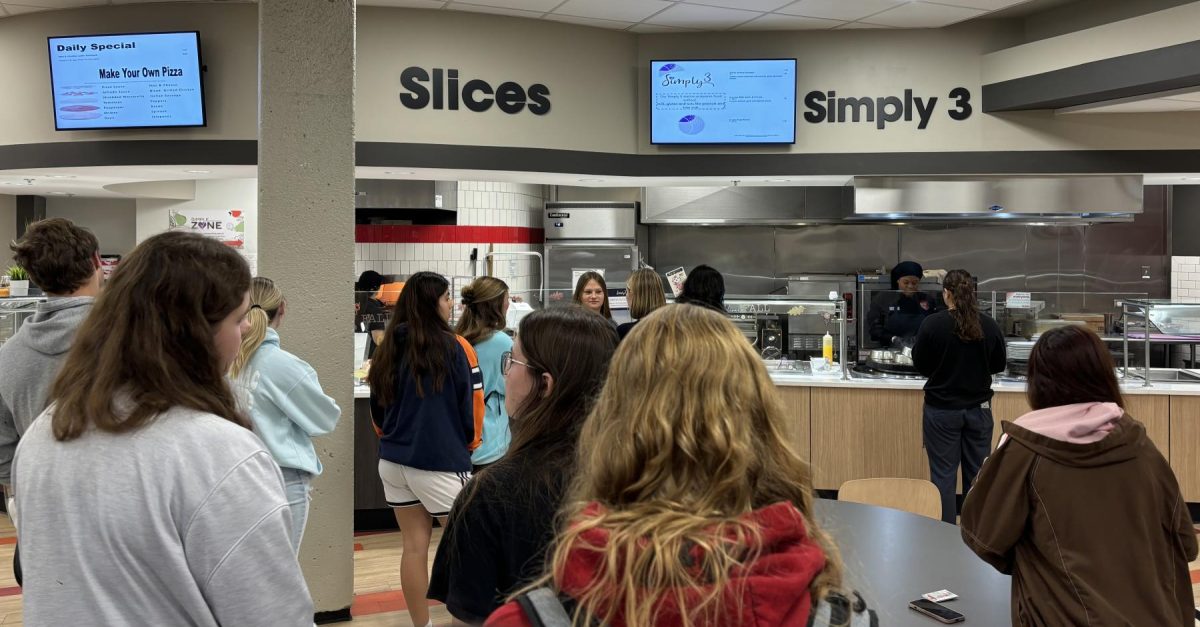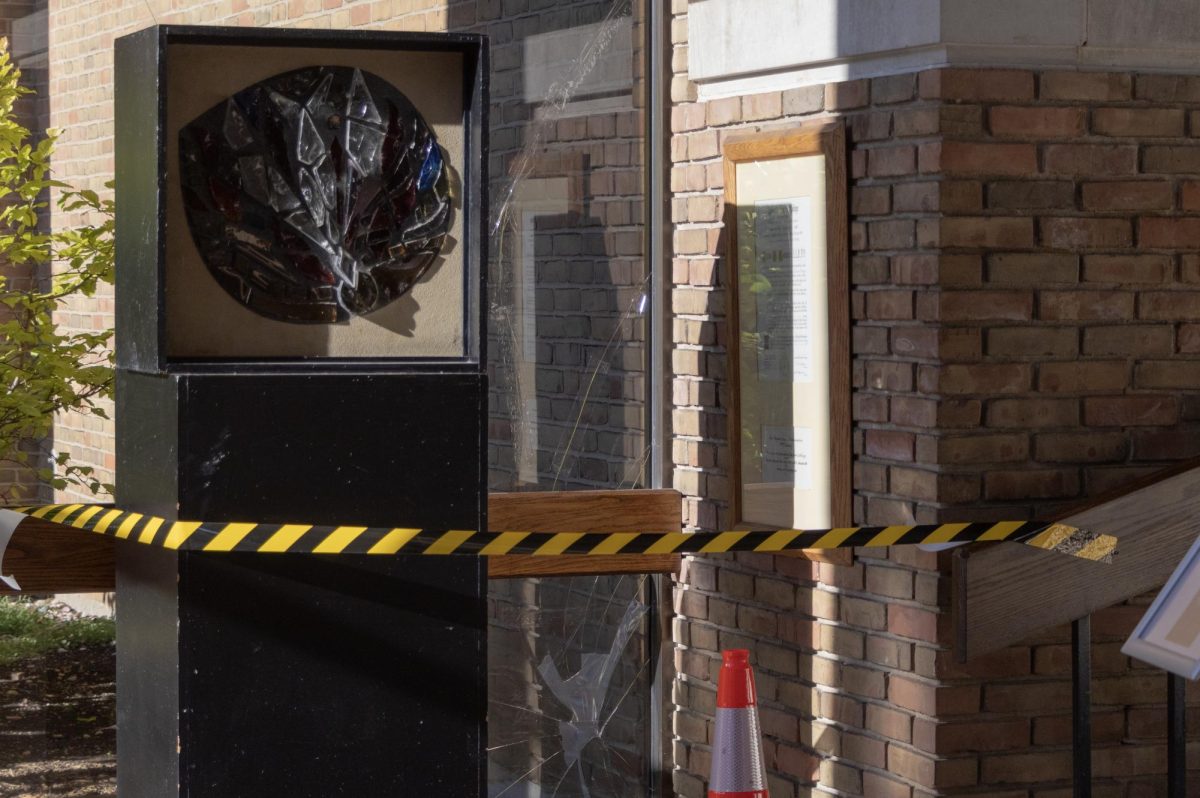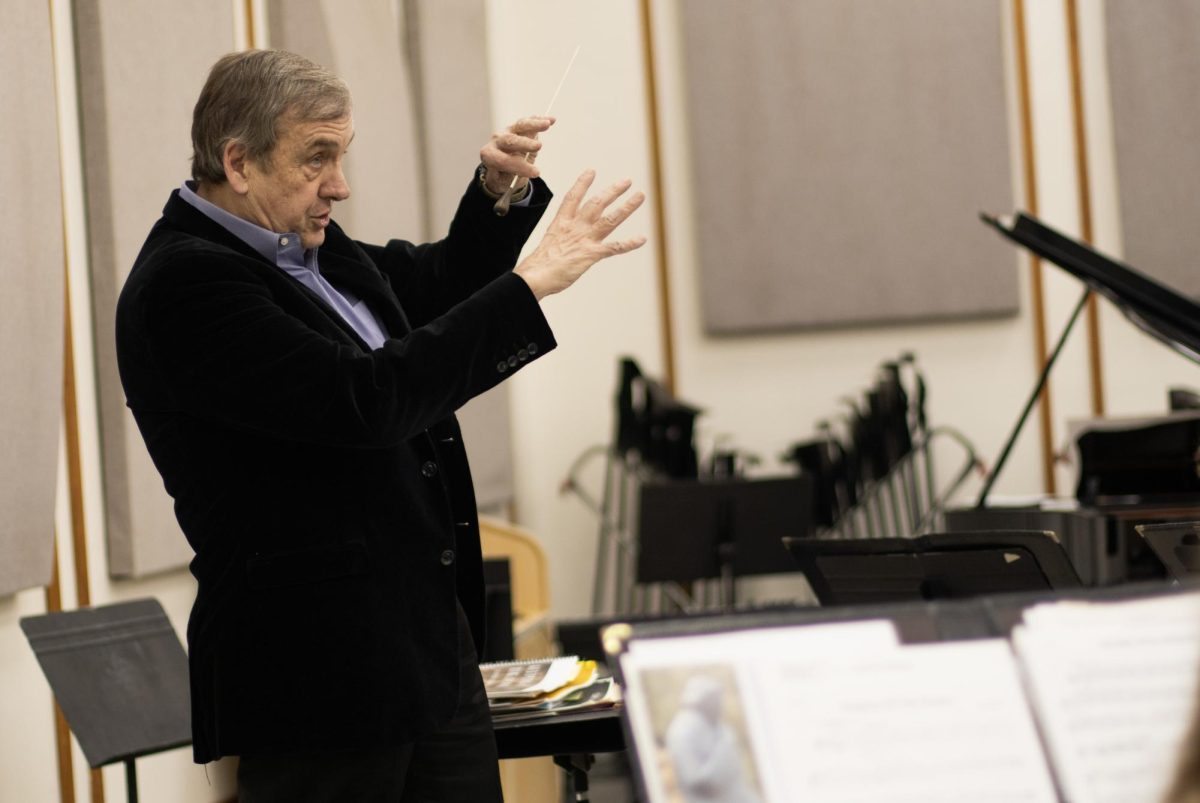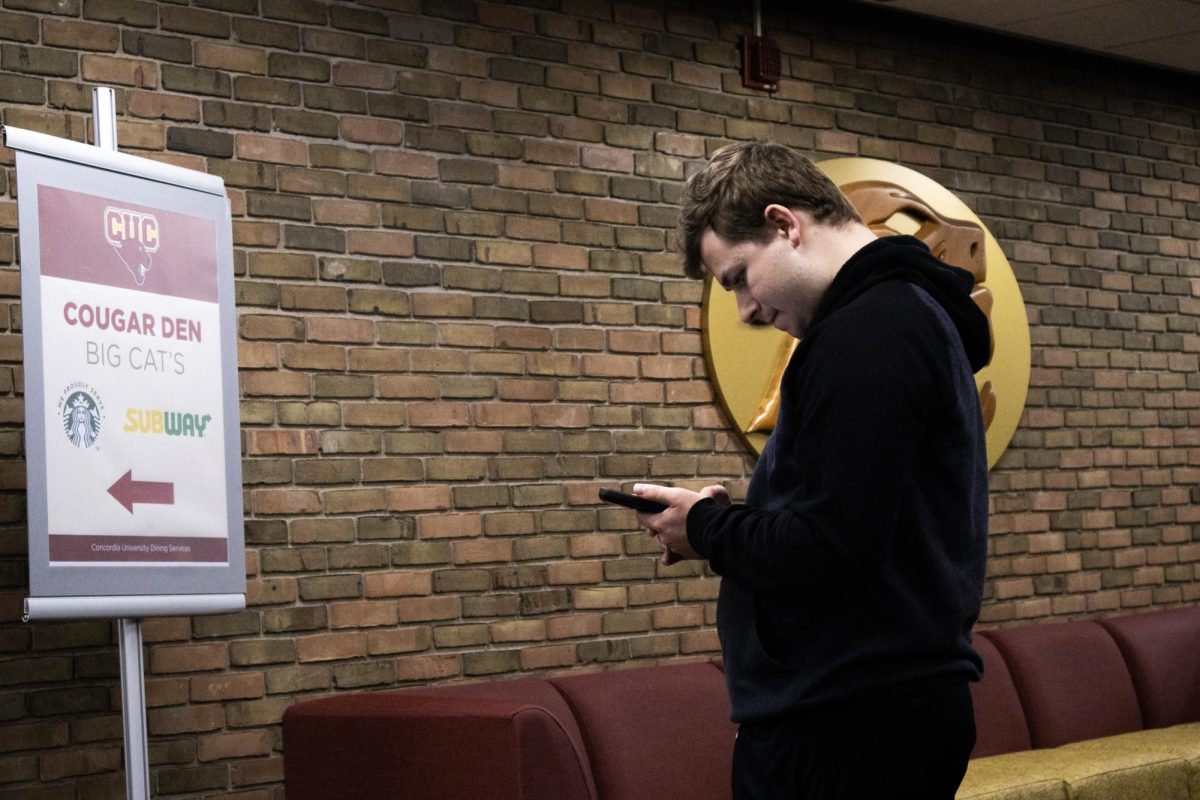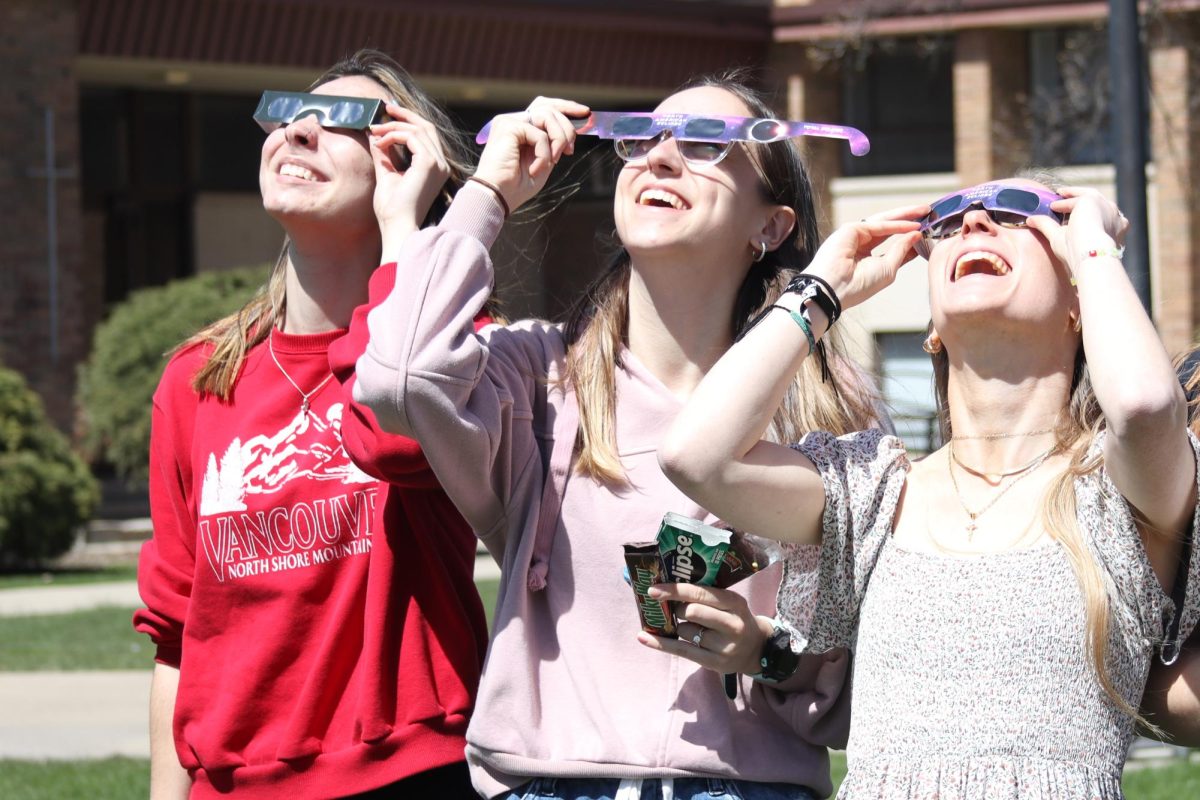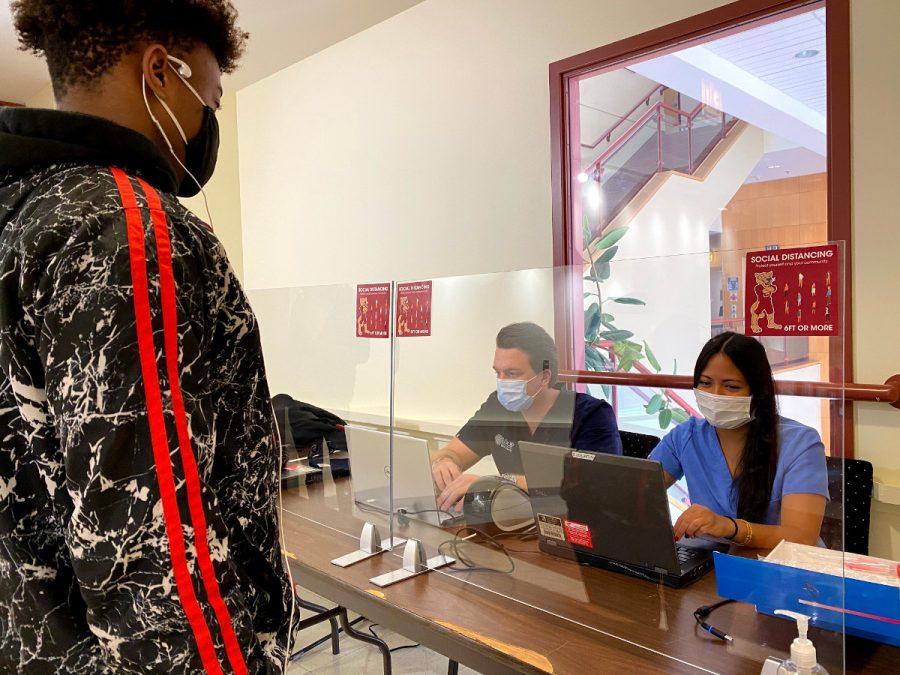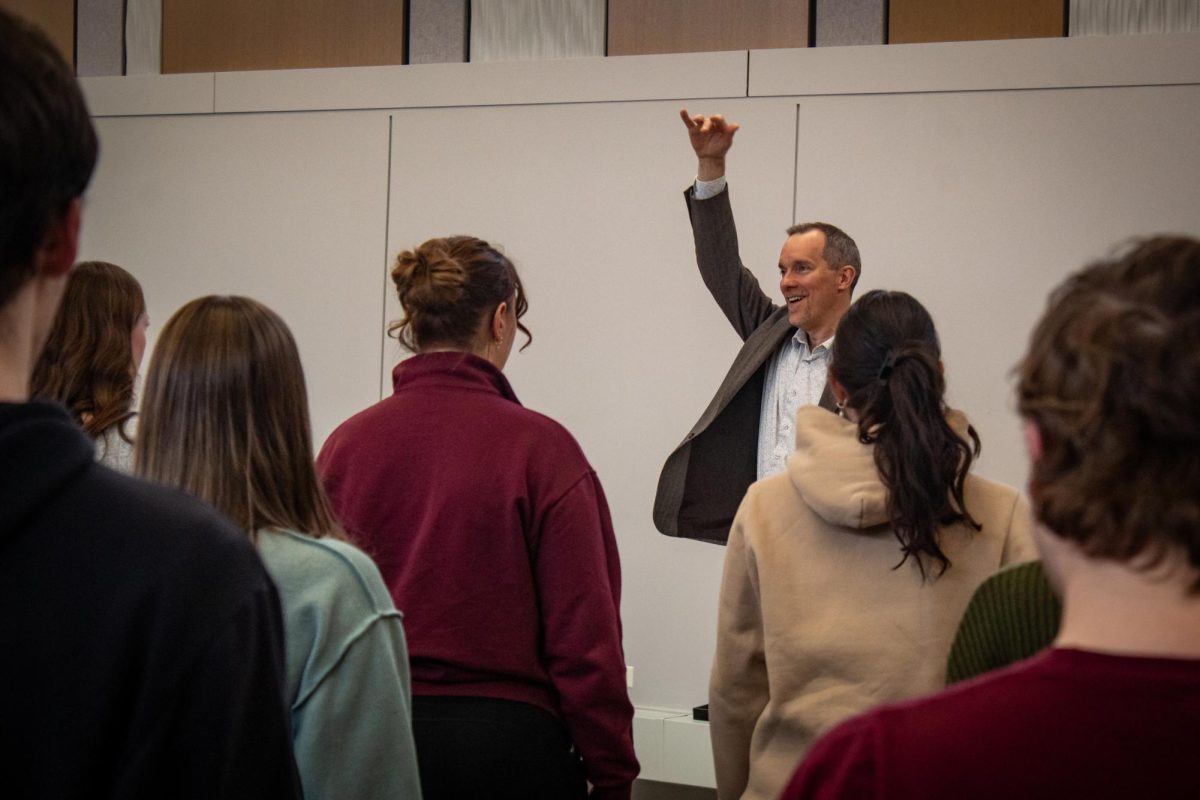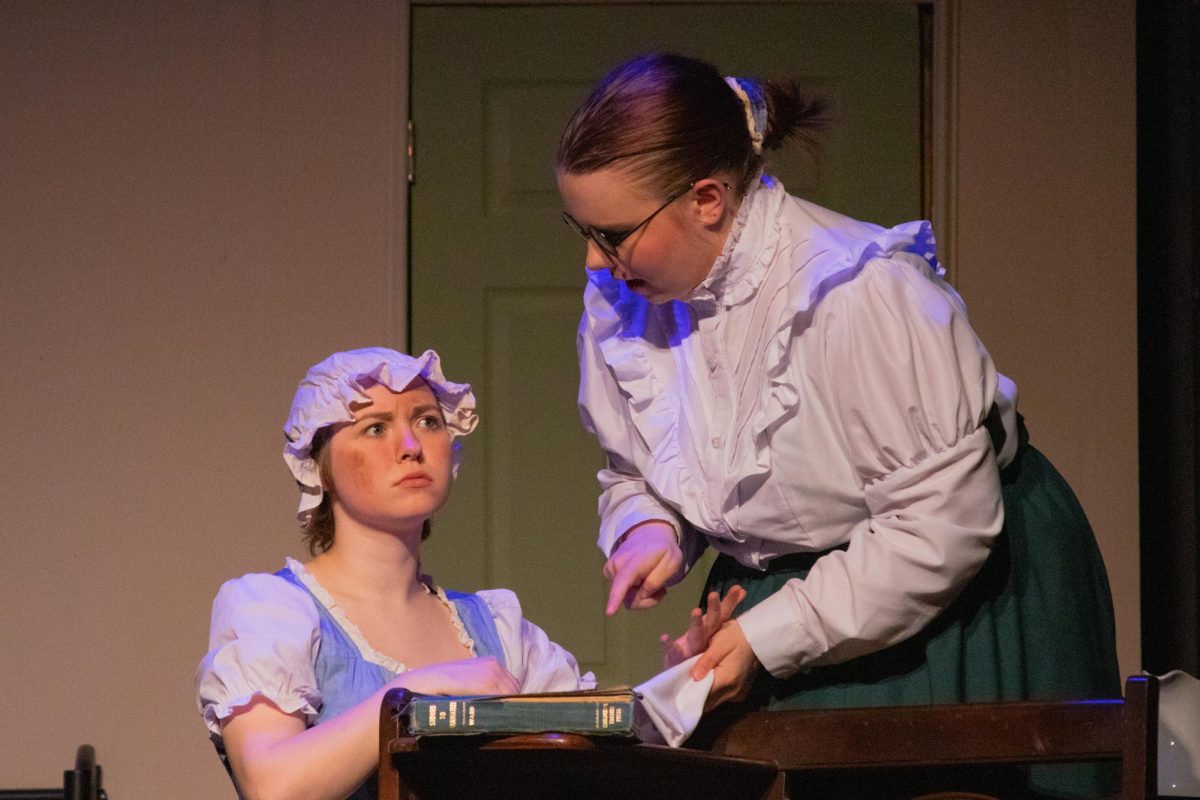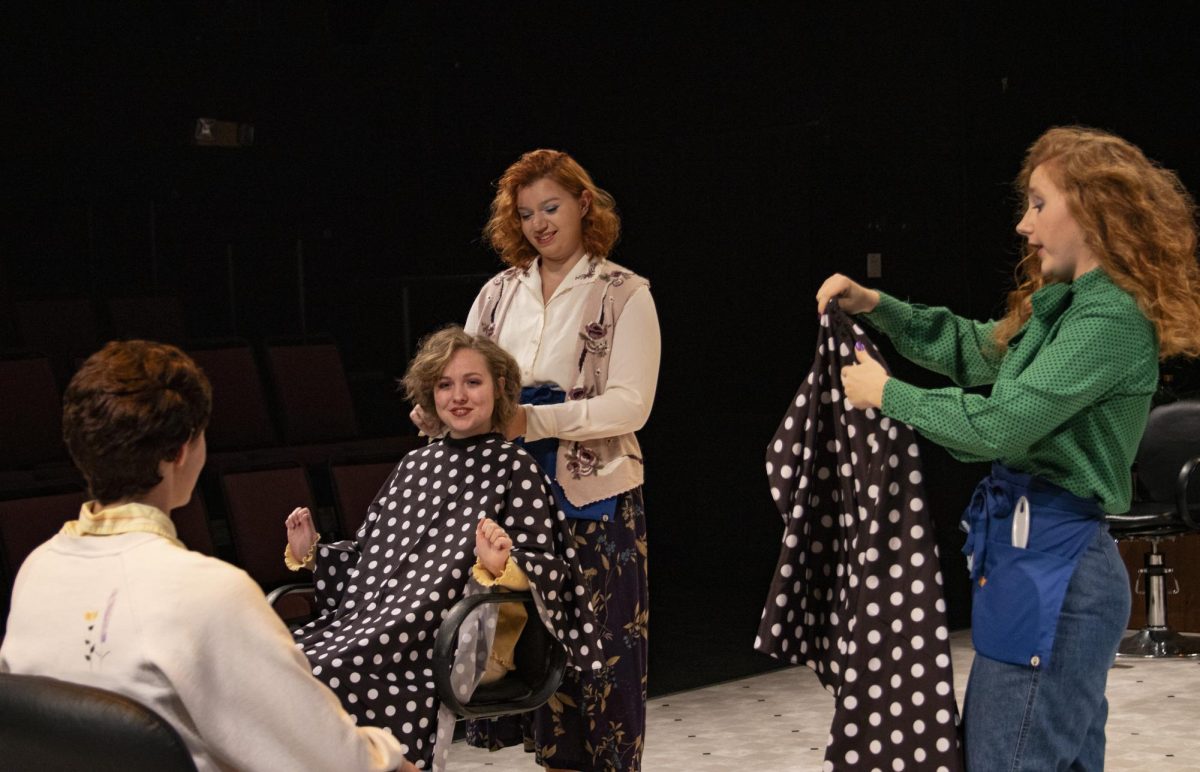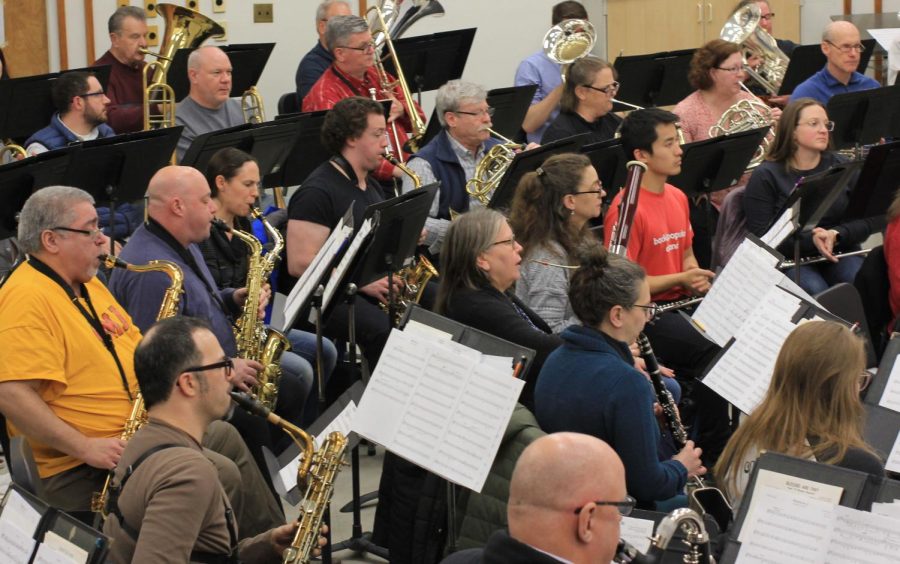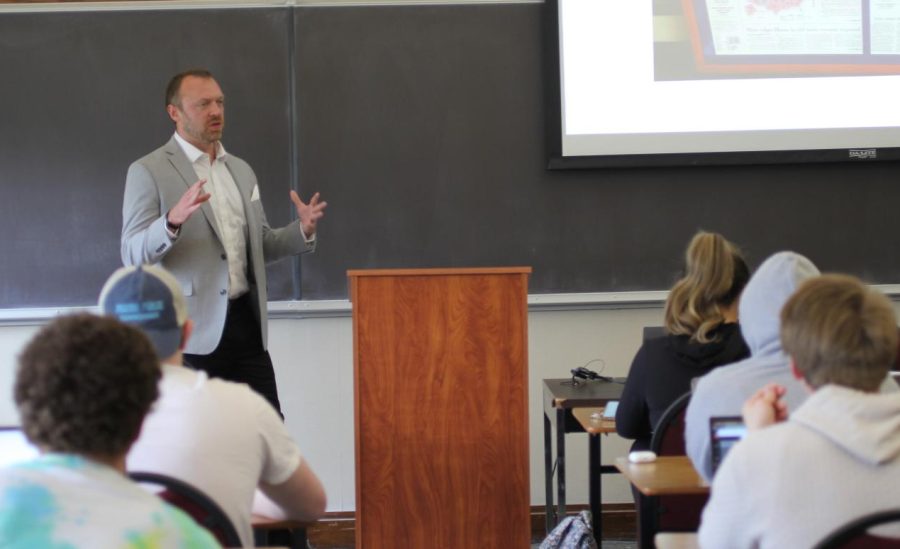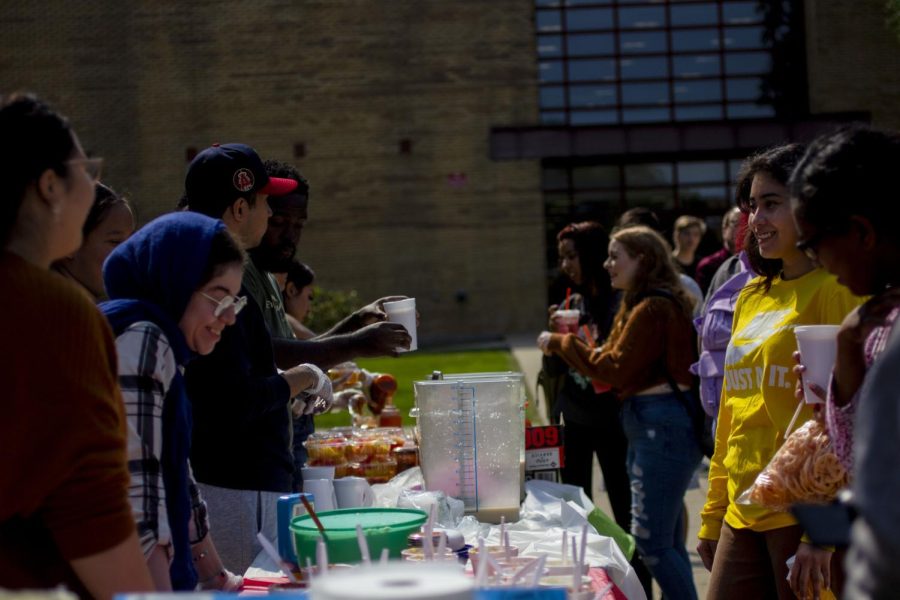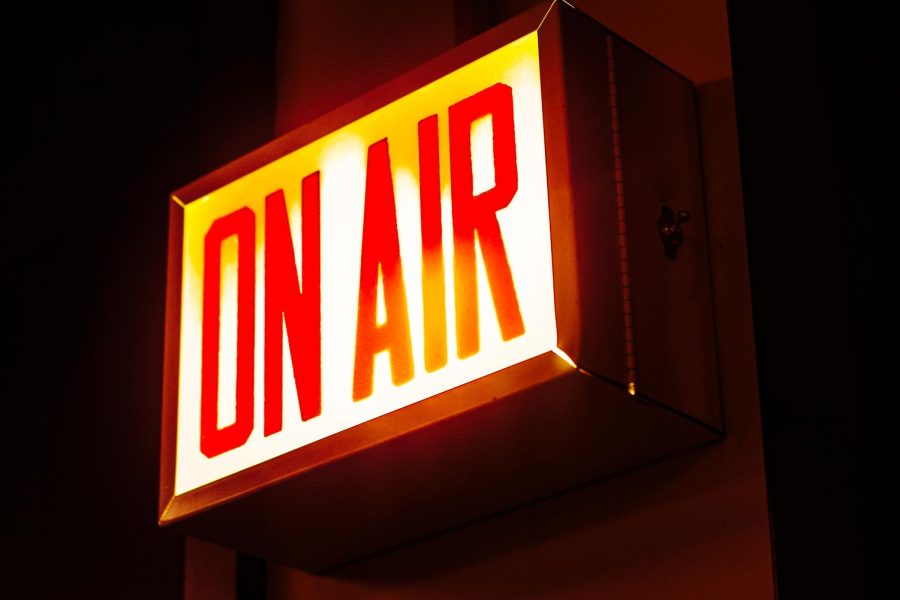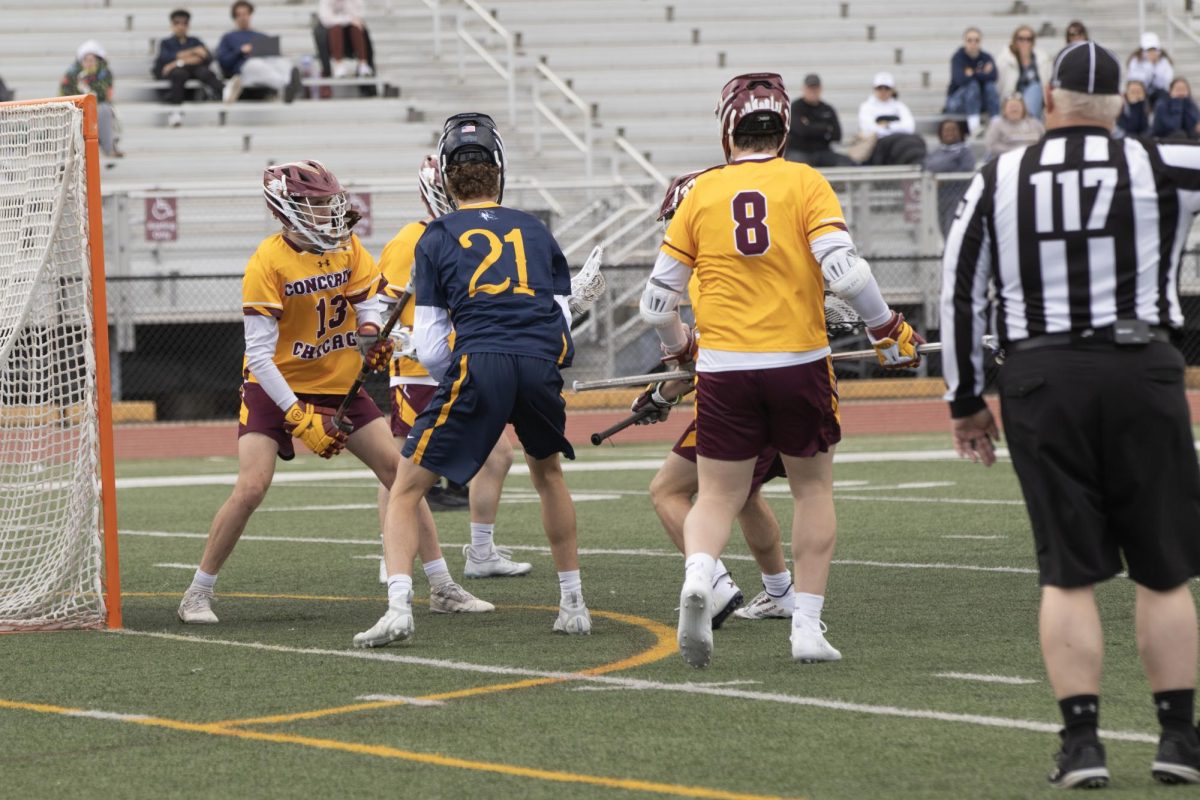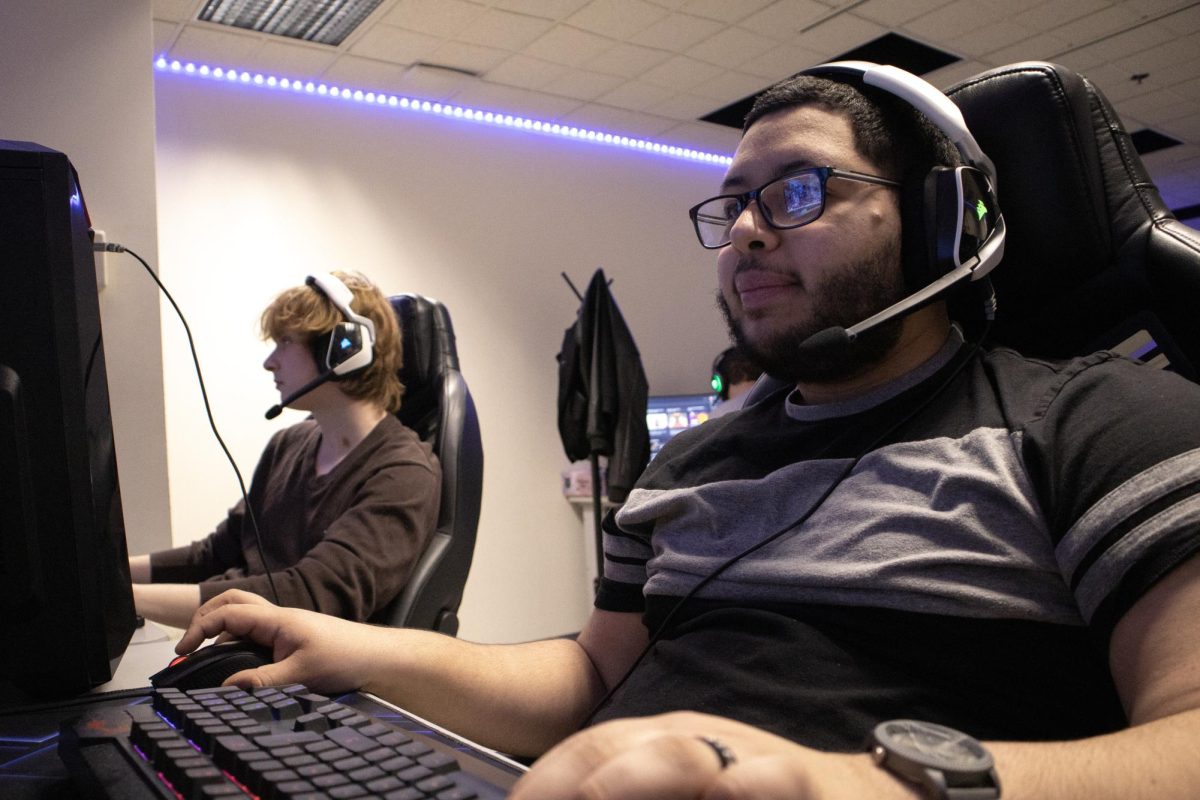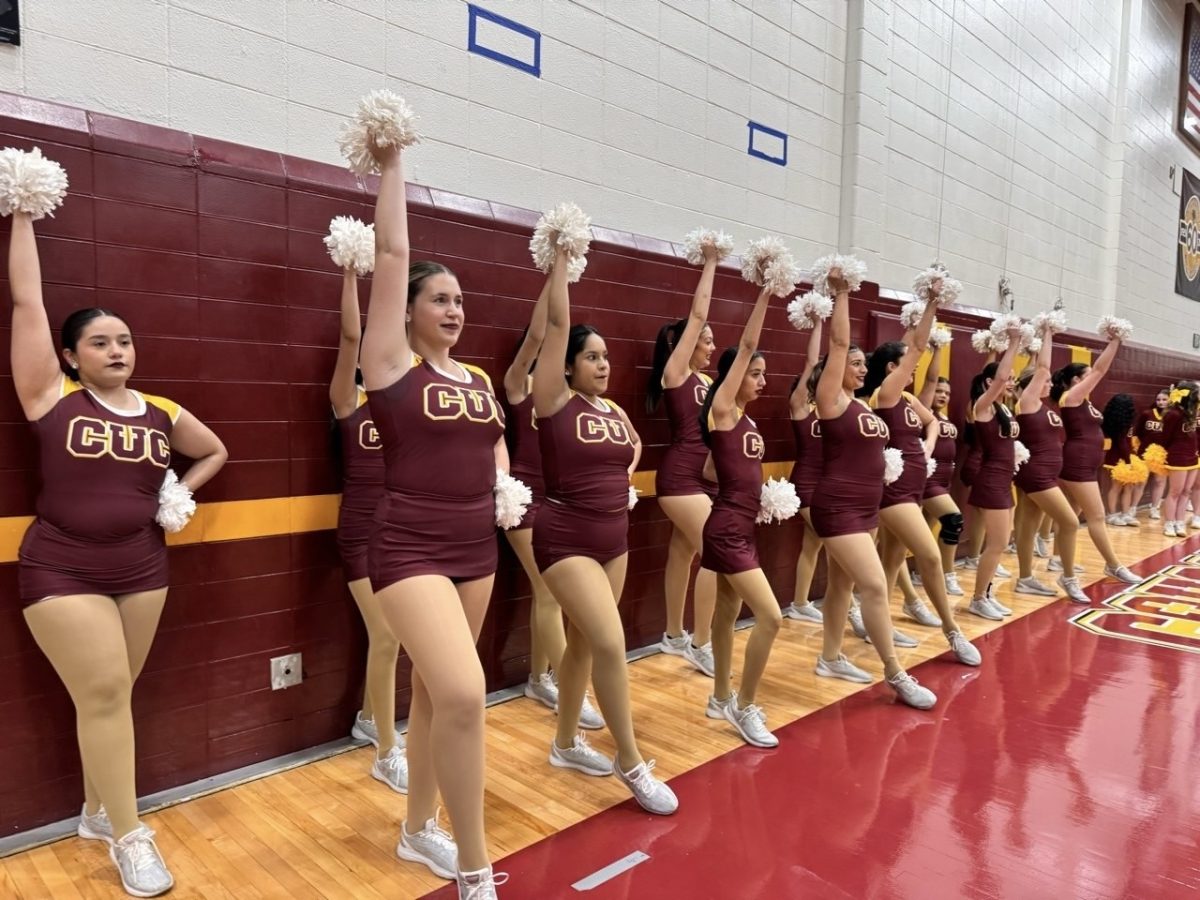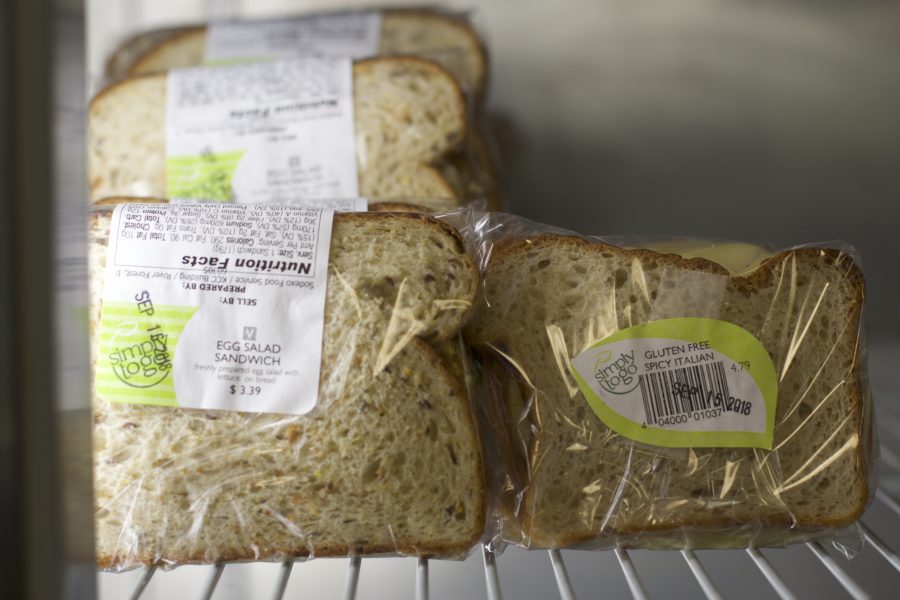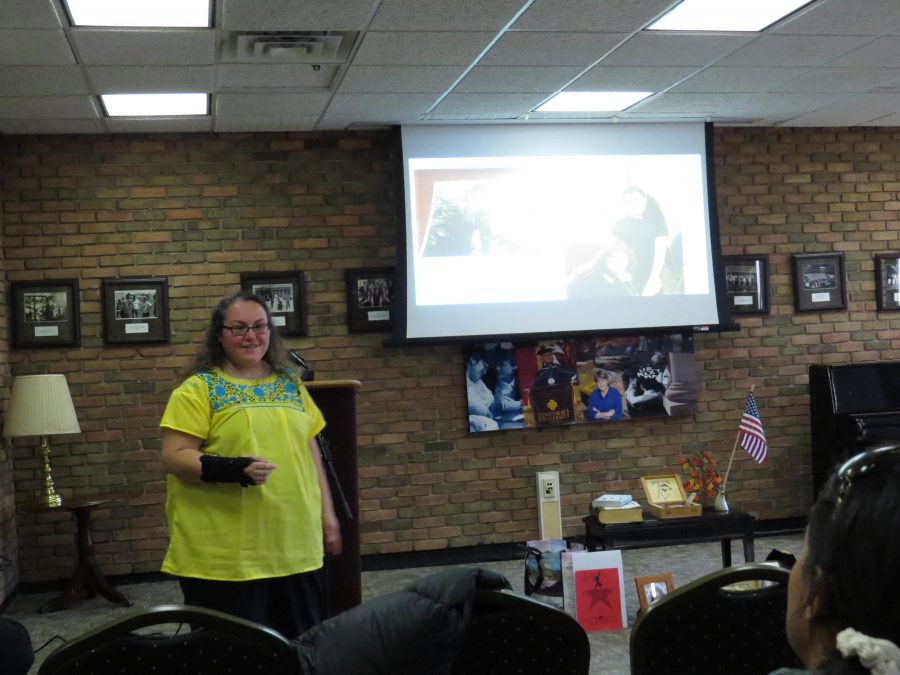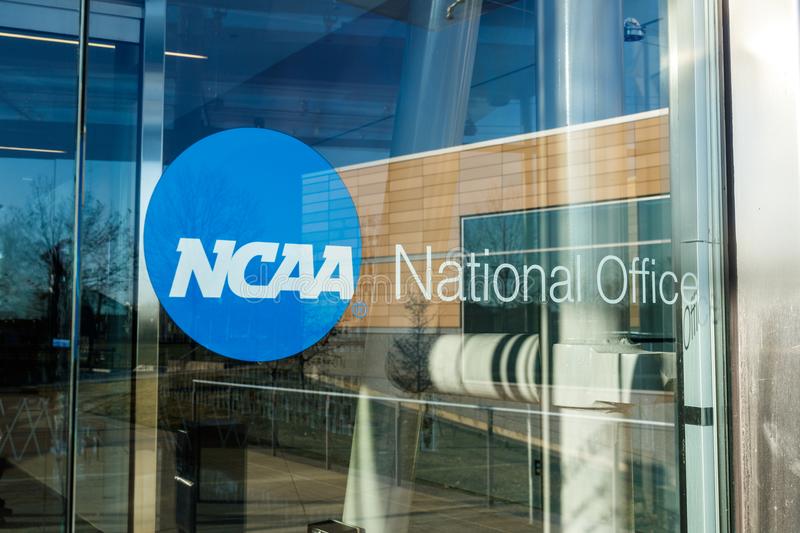Written by John Stocco
Another school year is in the books. We usually face the same cycle when it comes to the end of the school year. The students tend to be happier, the professors seem more forgiving, and the seniors just can’t wait for it all to end. This time is different. We’re beginning to realize that 2020 is the year where anything is possible. Anything that seems far beyond reality is on the table for when the country, sports, and schools open up again. As time goes on, more thoughts are pushed to the people, but less actions are made. Everyone has an idea, everyone hopes for the best, in reality, we’re all making our best guesses. If the country opens back up, we know it will be different. If sports returns this year, we know it’s going to feel unusual. What about school?
For schools and universities all across the world and the United States, people have had a “crash course” on the e-learning system. For two months or so students have had to adjust by virtually learning.
Personally speaking there have been difficulties, and there have been some stressful moments especially being a senior, but for the most part Concordia University Chicago (CUC), and professors, in my eyes, have done the best that they could under the worst conditions. We’re about finished up with the semester, and now the waiting game officially begins for schools across the country.
With teachers, professors, schools, and universities, doing their part in keeping the education alive, what’s next for students in the Fall of 2020, and how could that change the future in which we learn?
E-learning will play a part in a greater role as we head towards the future in this start of a new decade. Universities like CUC have done a great job of assessing the needs of every student virtually, miles away, and even in some cases, different states. How do the students feel? Students in the United States are gearing up for a lawsuit against some of the top universities. Why should students pay for the full college experience when all students have to do is wake up and make sure their laptops are fully charged?
It’s a problem that colleges, and especially universities are going to face if the Fall of 2020 is spent social distancing. Universities have their perks. They are communities in which students have an opportunity to grow into adults and open as many doors as possible for their life and career. When universities close their doors, so do those opportunities for students. Universities hold open houses, they hold seminars, and they hold meet and greets for the students who want to begin laying the groundwork for their careers.
Virtually learning, and students staying at home prevents future students from the start of the next chapter in their lives. Students don’t completely lose in this situation because students have a chance to save themselves from the student debt. It is their right to transfer out of their university and begin studying at a community college. Students can be rewarded with the same degree, but the debt they will face will be less greater than fully embracing the college experience. If universities are unable to offer the full college experience, what makes them different from any other college? It’s a question that students will debate within themselves and their close friends’ summer break is quickly approaching, and it’s a question that university leaders will have to battle in order to determine their own future.
People in this country, and all across the world are or will eventually suffer the consequences from the coronavirus pandemic. Lives, businesses, careers in professional and academic settings are all at risk. There will be a price to pay when it’s all said and done, and universities in America will be the ones who will face the most risks, which puts the future of Americans in doubt.

